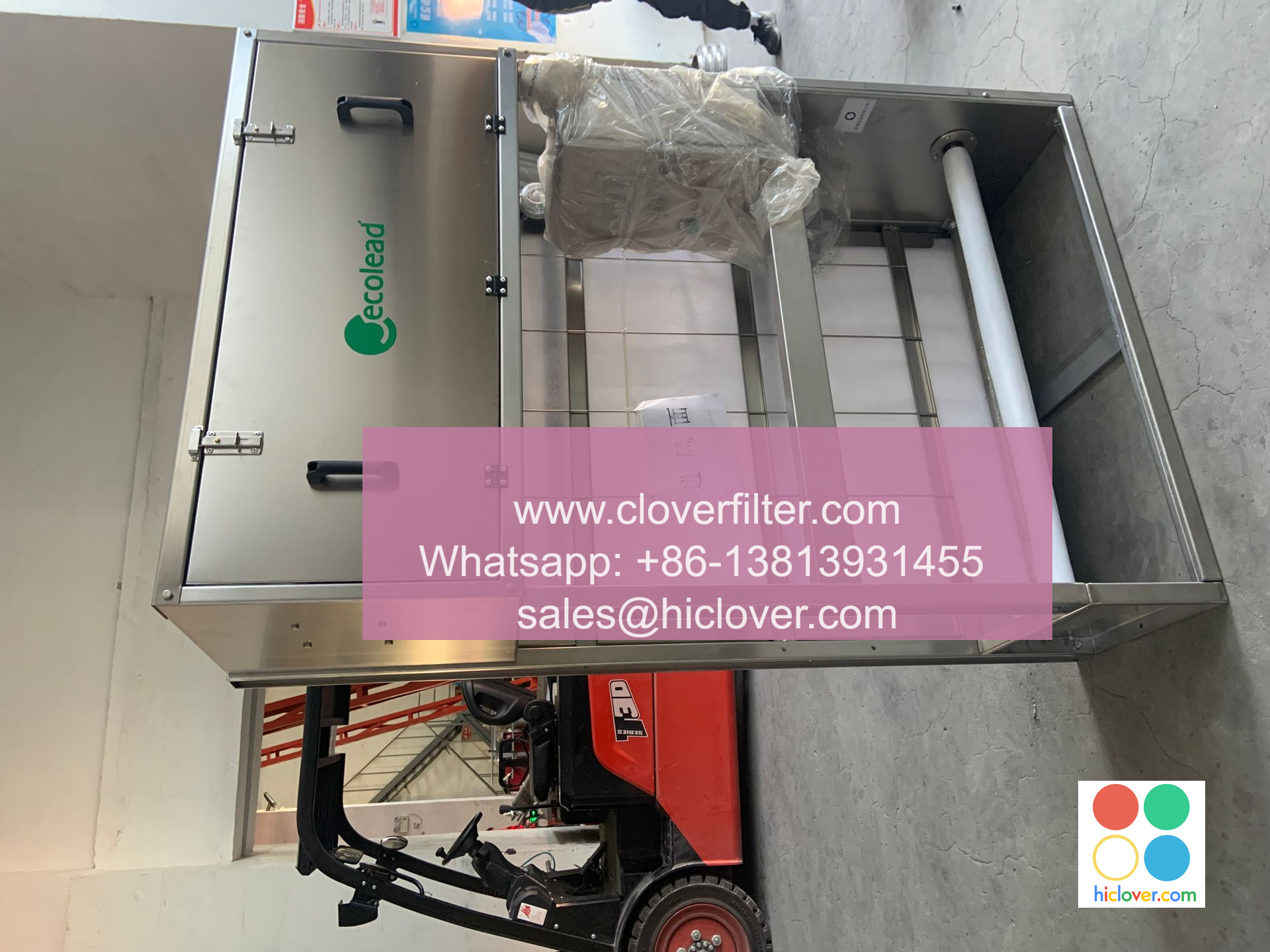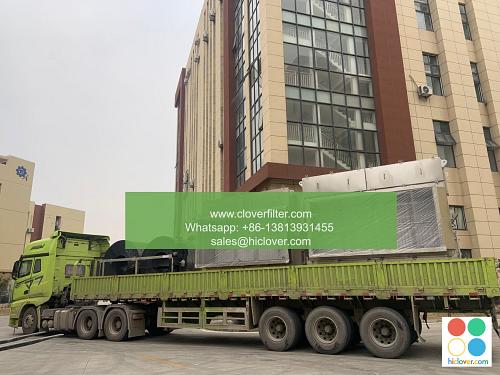The Importance of Air Filter Analysis in Indoor Air Quality

Maintaining good indoor air quality (IAQ) is crucial for the health, comfort, and productivity of occupants in various commercial buildings, industrial facilities, and residential homes. One key factor in achieving good IAQ is the proper functioning of air filtration systems, which relies heavily on air filter analysis. In this article, we will delve into the significance of air filter analysis in ensuring clean air, reducing pollution, and promoting healthy indoor environments.
What is Air Filter Analysis?
Air filter analysis involves the evaluation and assessment of air filters to determine their efficacy, performance, and overall condition. This process includes testing and inspection of filters to identify any deficiencies or areas for improvement. Air filter analysis can be applied to various types of filters, including HEPA filters, activated carbon filters, and pre-filters, which are used in air purification systems, ventilation systems, and air conditioning systems.
Importance of Air Filter Analysis in Indoor Air Quality
The importance of air filter analysis in maintaining good IAQ cannot be overstated. Some of the key reasons include:
* Improved air quality: Regular air filter analysis ensures that air filters are functioning properly, capturing pollutants, particulate matter, and gases that can compromise IAQ.
* Reduced energy consumption: Properly maintained air filters can help reduce energy costs by improving the efficiency of heating, ventilation, and air conditioning (HVAC) systems.
* Extended equipment life: Air filter analysis can help identify potential issues before they cause damage to equipment and systems, reducing the need for repairs and replacements.
* Enhanced occupant health: By ensuring that air filters are effective in removing allergens, bacteria, and viruses, air filter analysis can help promote a healthy indoor environment and reduce the risk of respiratory problems and other health issues.
Application Areas of Air Filter Analysis
Air filter analysis has a wide range of applications in various industries and settings, including:
* Commercial buildings: Office buildings, shopping malls, and restaurants can benefit from regular air filter analysis to maintain good IAQ and ensure the comfort and productivity of occupants.
* Industrial facilities: Manufacturing plants, warehouses, and other industrial settings can use air filter analysis to optimize air quality and reduce the risk of occupational hazards.
* Residential homes: Homeowners can benefit from air filter analysis to improve indoor air quality and create a healthy living environment for their families.
* Healthcare facilities: Hospitals, clinics, and other healthcare settings can use air filter analysis to maintain sterile environments and prevent the spread of
Conclusion
In conclusion, air filter analysis is a critical component of maintaining good indoor air quality. By evaluating and assessing air filters, building owners and managers can ensure that their air filtration systems are functioning properly, reducing the risk of pollution, energy waste, and health problems. Whether in commercial buildings, industrial facilities, residential homes, or healthcare facilities, air filter analysis is essential for promoting clean air, comfort, and wellness. By prioritizing air filter analysis, we can create healthier indoor environments and improve the overall quality of life for occupants. You haven’t asked a question or provided a prompt for me to respond to. Please go ahead and ask your question or provide more context, and I’ll do my best to assist you.

